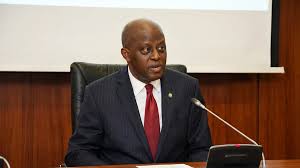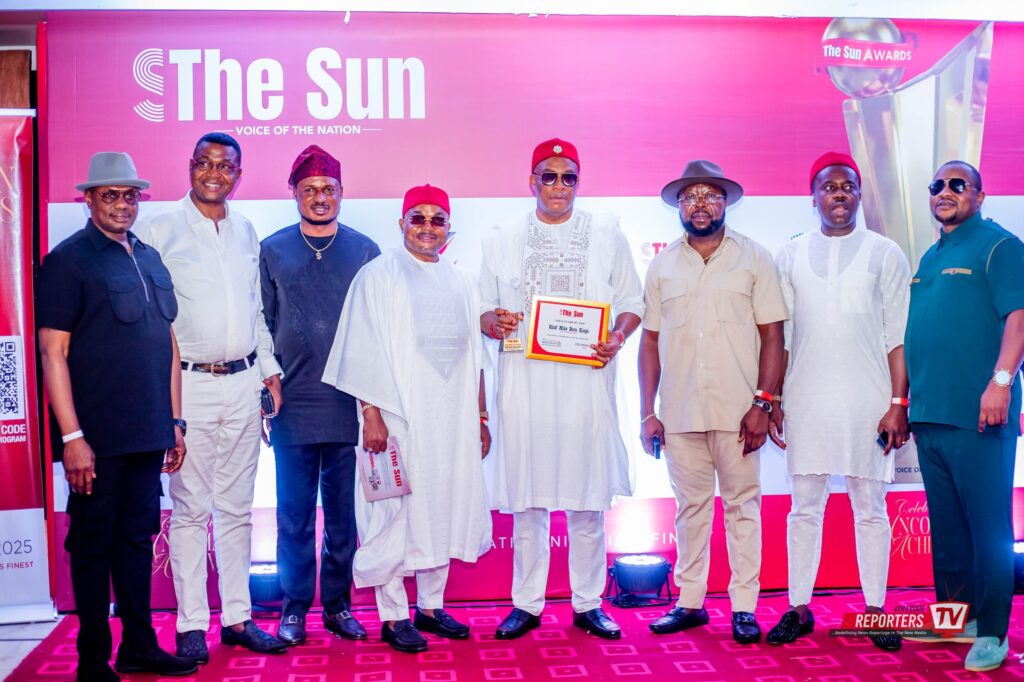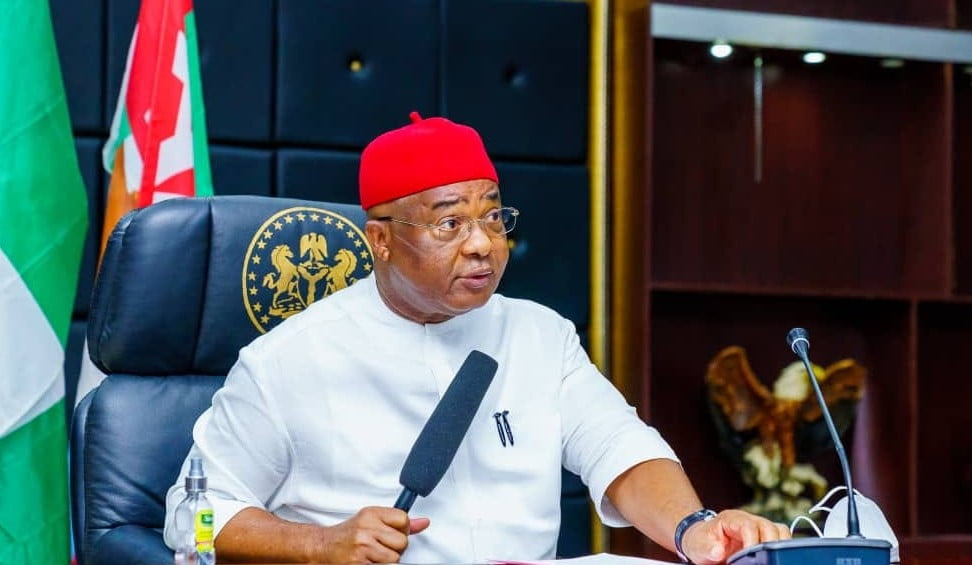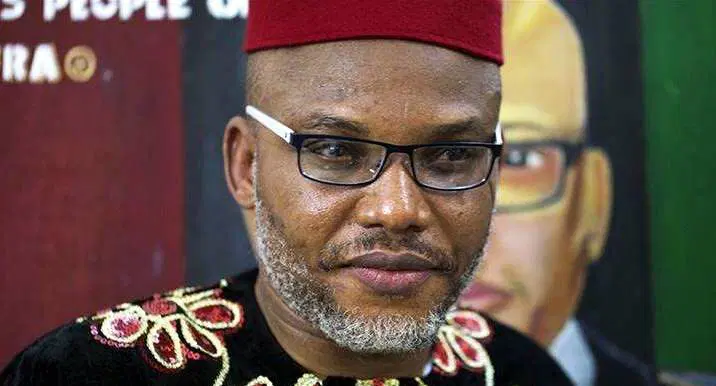Now Reading: Lagos SMEs Embrace Solar: New Financing Models Aim to Cut Costs and Boost Renewable Energy Adoption
-
01
Lagos SMEs Embrace Solar: New Financing Models Aim to Cut Costs and Boost Renewable Energy Adoption
Lagos SMEs Embrace Solar: New Financing Models Aim to Cut Costs and Boost Renewable Energy Adoption
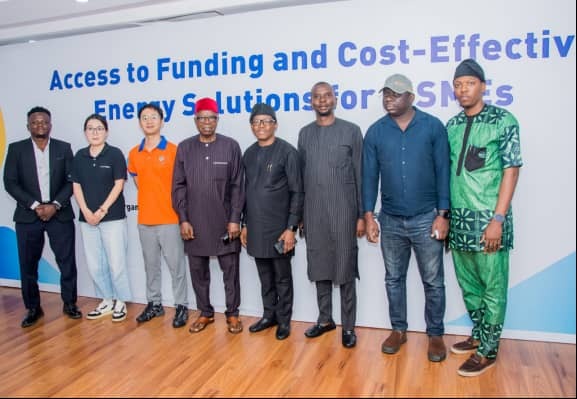
Small and medium-sized enterprises (SMEs) in Lagos are set to benefit from innovative financing schemes designed to accelerate the adoption of solar energy, reducing reliance on diesel and unreliable national power.
At an energy sensitisation forum in Ikeja this week, industry leaders, financiers, and government stakeholders explored how affordable solar solutions could help SMEs slash operational costs while promoting sustainability. The event was hosted by StarTimes Smart Solar, in partnership with Manufacturers Power Development Company Limited (MPDCL) and Sterling Bank’s Imperium project.
MPDCL Board Chairman Ibrahim Usman highlighted that power expenses often account for almost half of small manufacturers’ production costs. “Lower and predictable energy costs are critical for small businesses to remain competitive,” he said, urging wider adoption of renewable solutions.
Eric Xiao, Vice President of StarTimes Nigeria, noted that the company has completed two mini-grid projects in northern Nigeria and is managing over 20 additional solar sites nationwide. “Our goal is to make clean energy affordable and dependable for every Nigerian business,” he said, emphasizing that collaborations with Sterling Bank aim to ease financial barriers.
Sterling Bank’s Head of Renewable Energy Business Development, Kelly Aigbedion, detailed the Imperium financing model, which allows SMEs to acquire solar systems without collateral. “Applicants only need basic registration and account documentation. Interest rates range from 15 to 30 percent depending on project size,” she said, noting that the bank’s Lagos headquarters now relies on solar for up to 90 percent of its energy needs.
Manufacturers Association of Nigeria Acting Managing Director Oweh Mba-Sam called the initiative “a practical response to erratic electricity supply,” pledging to support transparent partnerships for long-term impact.
Technical briefings from StarTimes’ Rotimi Olorunfemi, alongside demonstrations by renewable-tech firms Dyness and Solis, focused on energy storage and inverter solutions. Entrepreneurs engaged in discussions about maintenance, financing, and the potential of solar systems to transform operations.
Over 60 attendees expressed interest in enrolling in the financing program, signaling rising demand for cleaner, predictable, and cost-effective energy. Analysts at the forum cited Vice President Kashim Shettima’s projection that investment in clean energy could generate up to $410 billion for Nigeria by 2060.
One business owner from Alaba Market remarked, “This is the first time we’re seeing a solar solution that feels truly accessible. If it works as promised, it could change how we do business entirely.”
